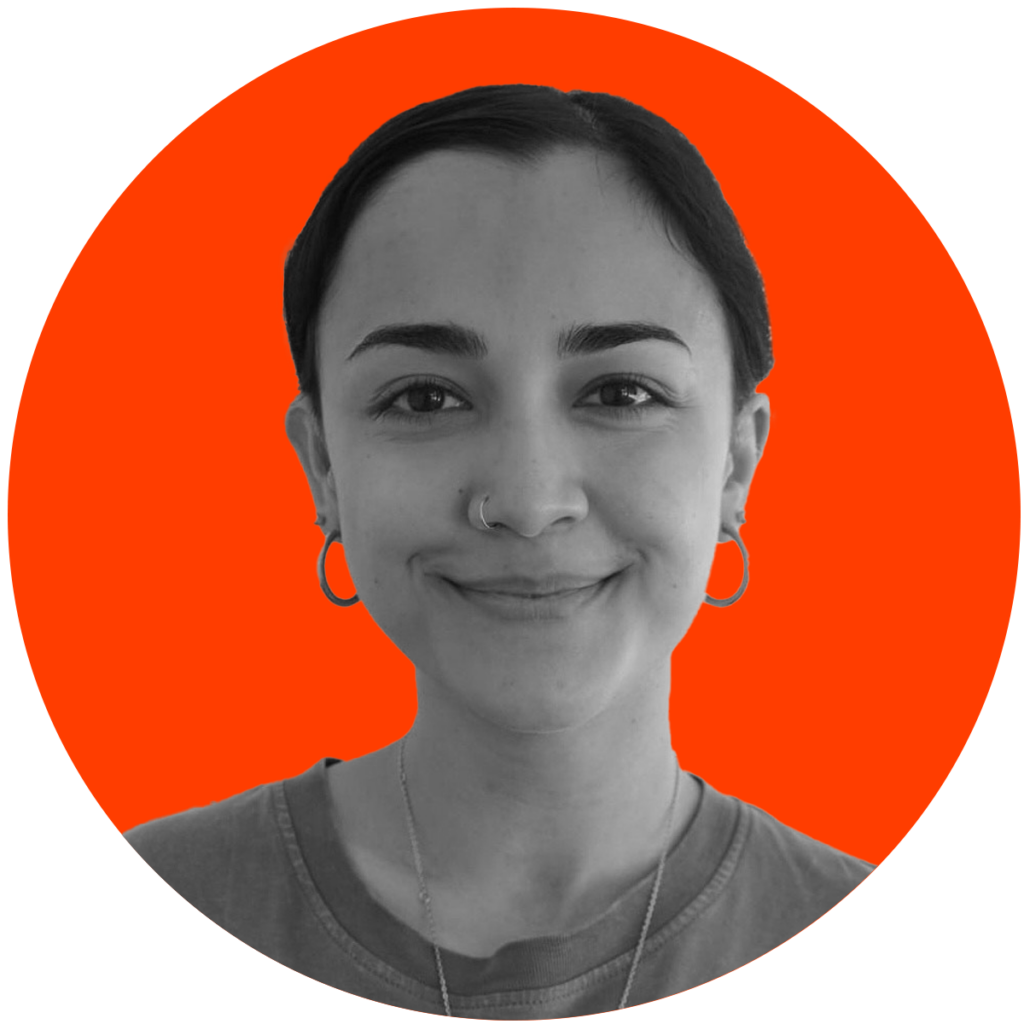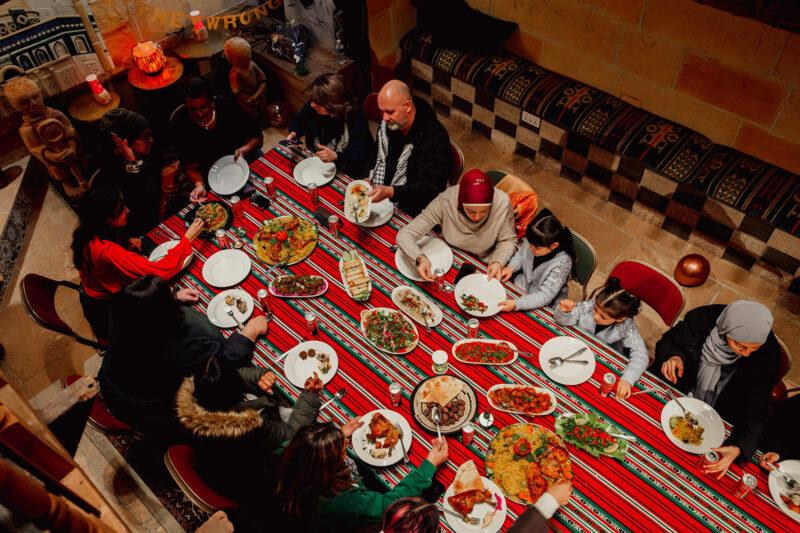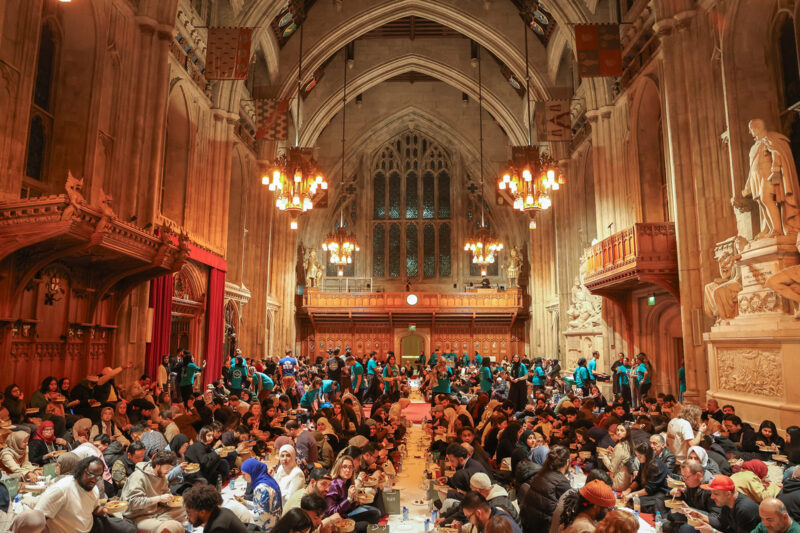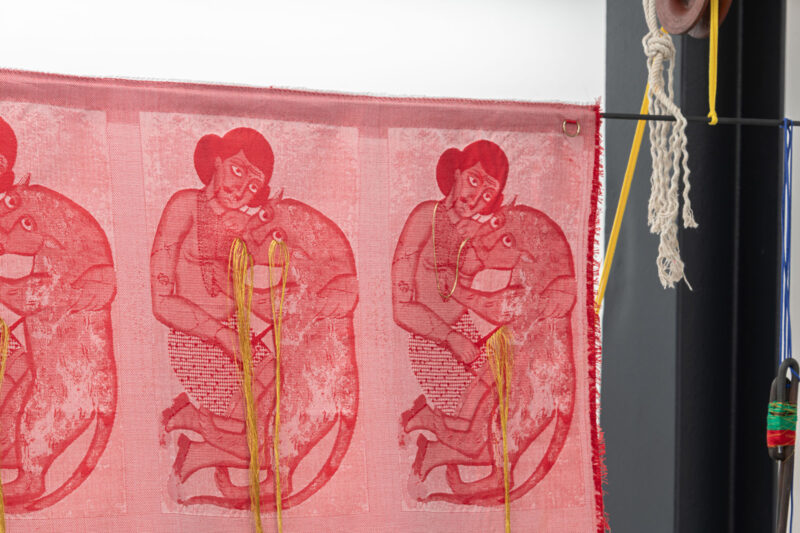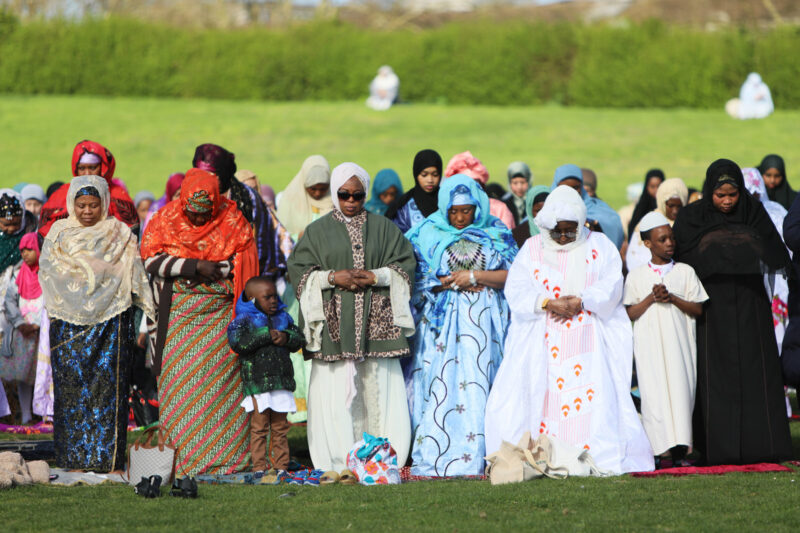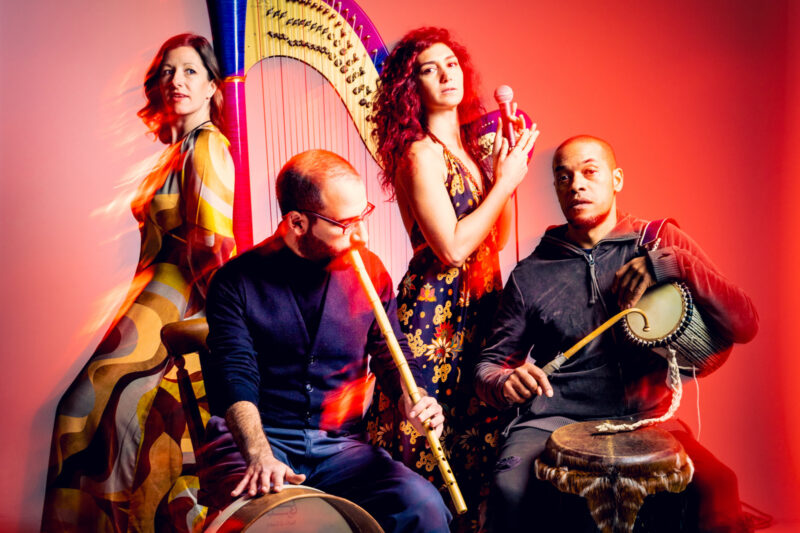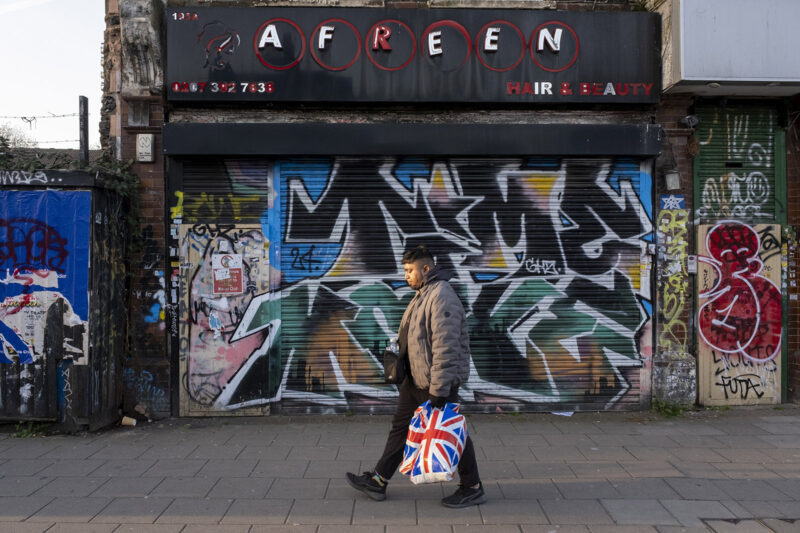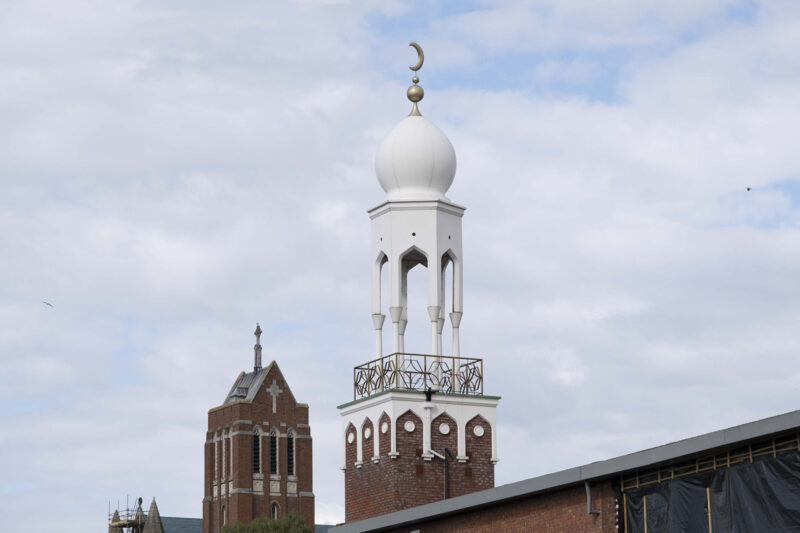Former nightclub mogul’s fight to save Shacklewell Lane Mosque
Erkin Güney unexpectedly inherited a mosque in 2006, but bills are ‘sky high’ and Covid killed many of its community members. Does Masjid Ramadan have a future?
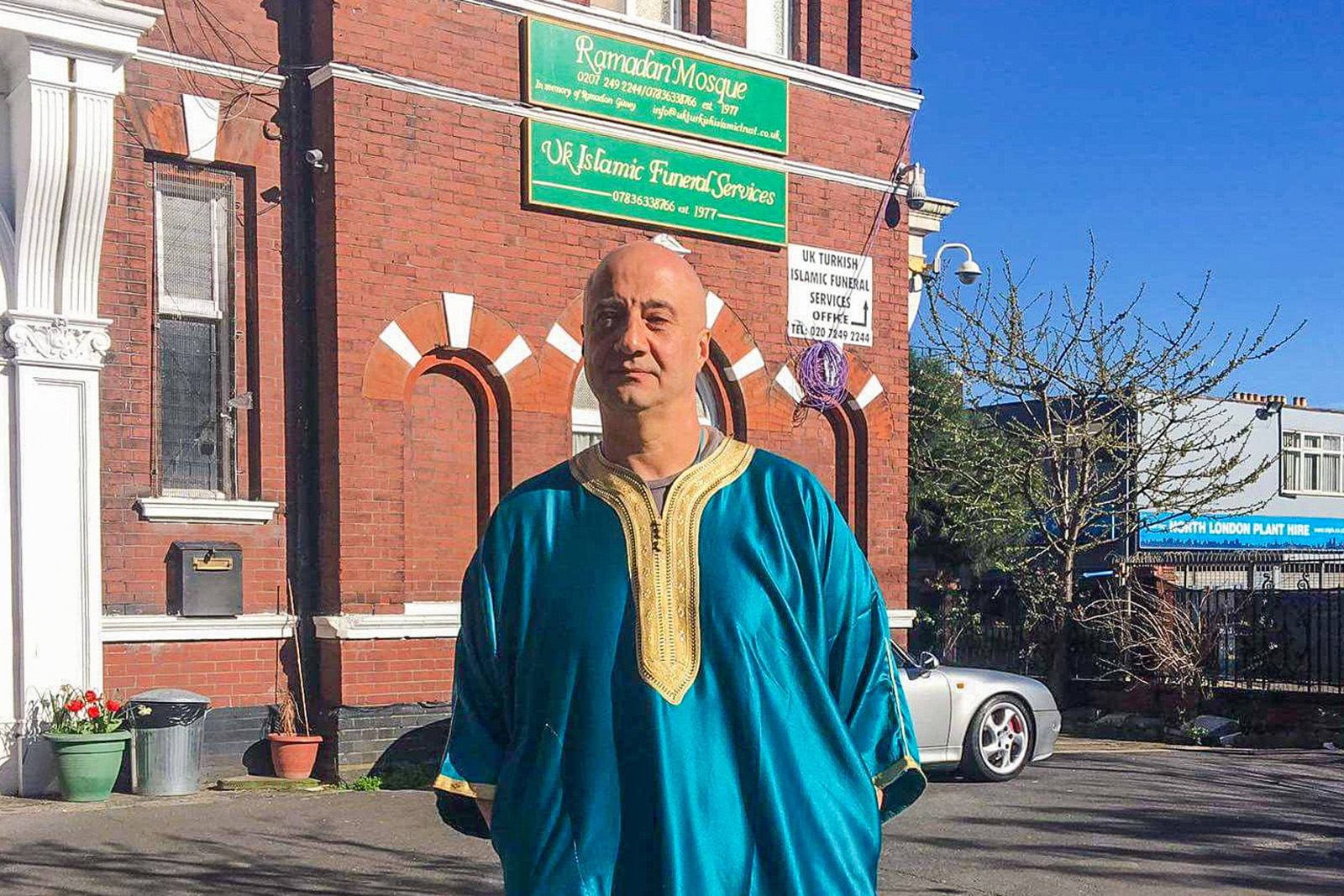
It’s a brisk Tuesday morning in December at the Shacklewell Lane Mosque in Hackney, north-east London, and Erkin Güney, its owner, has just arrived from picking up a body at a nearby care home. Soon it will be prepared for burial, as the young men Güney works with make the funeral arrangements.
Meanwhile, Güney heads into the small tea room adjacent to the mosque building. First he feeds his cat Aya, one of five currently living with him, then he brews a cup of Turkish tea sweetened with honey and cinnamon.
“None of this was planned,” said Güney. “I came here reluctantly — I had a nightclub before. I went from nightclub to mosque overnight. I had an argument with God and lost the argument, so I had to accept my calling.”
Born to Turkish Cypriot parents in London in 1968, Güney has had a journey with Islam that hasn’t always been straightforward. His father, Ramadan Güney — a founding member of the Turkish nationalist resistance movement in Cyprus known as Volkan — bought the land Shacklewell Lane Mosque sits on when Güney was 12. Originally built as a synagogue with its foundation stone laid by a member of the Rothschild family in 1903, the building was reopened in 1977 as the UK’s first Turkish mosque.
“It was very busy in those days,” said Güney. “It was a space for the whole community, wherever they came from.”
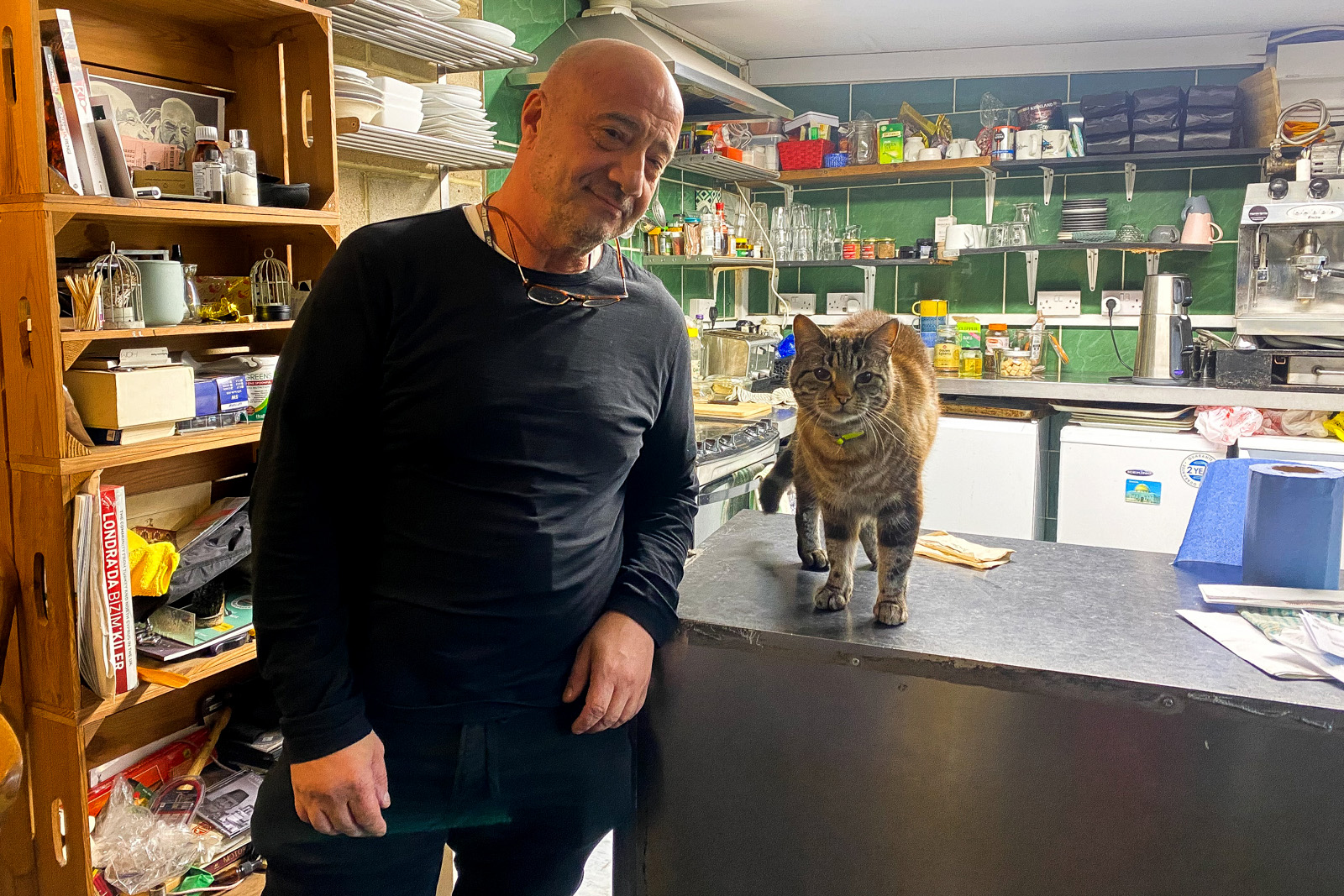
But following his father’s unexpected death in 2006, Güney suddenly found himself responsible for the mosque, also known as Masjid Ramadan.
“It’s not every day you inherit a mosque,” he said. “I found myself standing at the door and questioning what I was even doing there. I thought to myself: ‘Allah, I know you don’t make mistakes, but you’ve got the wrong bloke. I can’t do this. I’m going to mess this up.’ So I left. But something kept pulling me back.”
He recalls an overwhelming sense of peace washing over him once he made the decision to take over. Güney and his wife Melanie, who met as teenagers, have been running the mosque — including its in-house funeral service — ever since, even though Melanie is Jewish.
“We have a little running joke,” said Güney. “When I’m not here my Jewish wife is running the mosque. I also personally do a lot of work with shamans. We’ve been labelled the most liberal mosque ever.”
“He’s not a conventional Muslim,” said Ipek Ozerim, a longtime worshipper at Shacklewell Lane Mosque and a former PR representative for Hyphen, referring to Güney. “But he’s very spiritual and a real community person. He epitomises the very best of Islam – that it’s about love and giving, and about making sure you look after those who are more vulnerable.”
Like Güney, Ozerim comes from Turkish Cypriot heritage. Her father was a civil engineer who helped Güney’s father with architectural plans for the building when it was first converted into a mosque in the 1970s.
“I’ve been connected to that place since my childhood,” said Ozerim. “It’s much more multicultural in terms of who attends the mosque these days. It’s done with the intention of welcoming people whatever level of faith they’re at.”
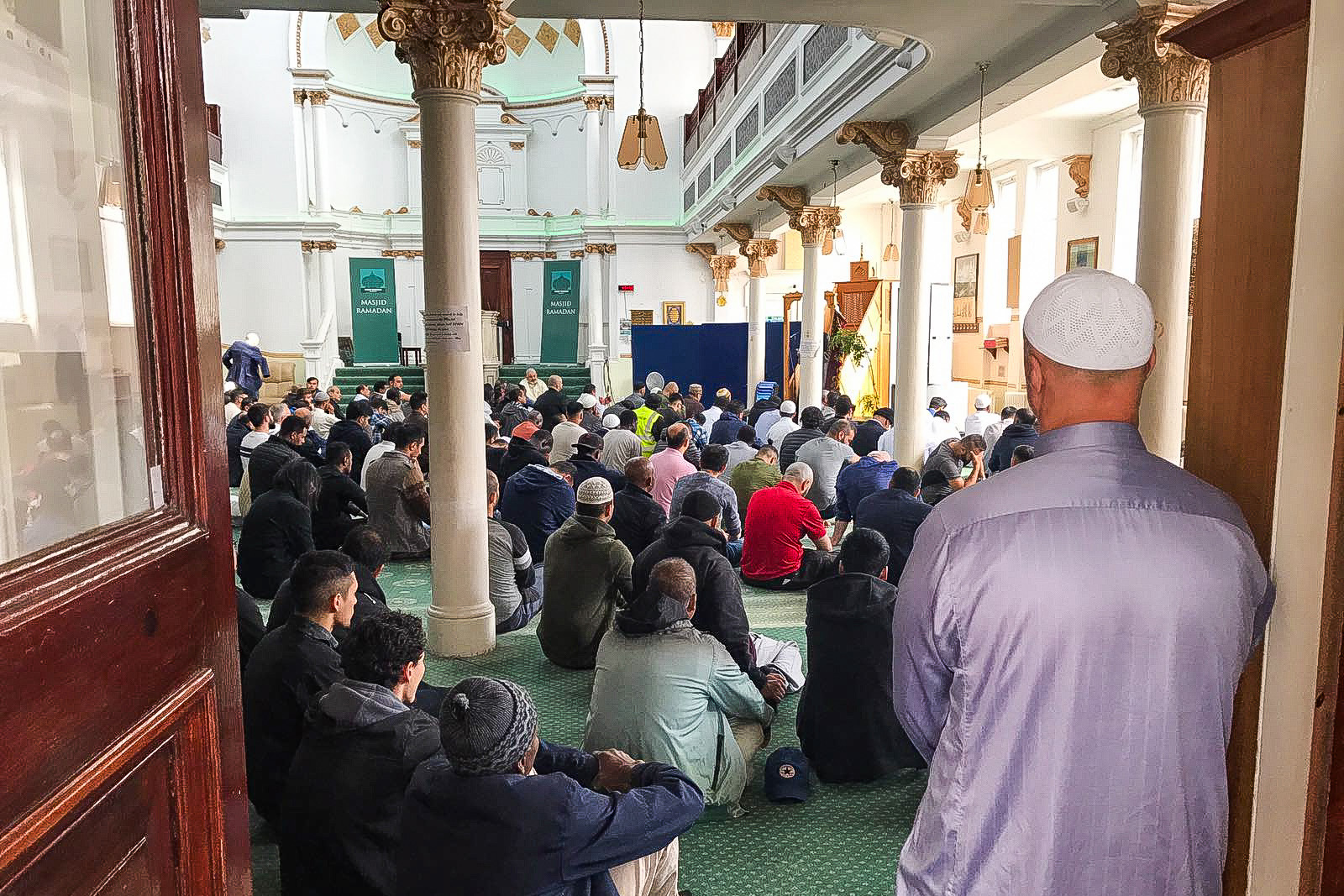
But despite Güney’s best efforts, recent years have brought fresh challenges and footfall has been especially low since the pandemic.
“Covid was a big issue,” said Güney, referring to the hundreds of British Cypriots who were killed by the pandemic in its first few months. The Islamic classes that the mosque used to run for children as part of its madrasa also had to be closed after the building failed a health and safety inspection. “When the children come, the parents come,” he said. “It brings life and activity.”
The cost of living crisis is another pressing issue, with the mosque’s bills for electricity, gas and water tripling over the past year. Presently, monthly costs come in at around £4,000 but, beside the small income from its funeral service, the masjid brings in only £200 a week from donations at Friday prayers.
“The bills have gone sky high,” says Güney. “We’re using less and it’s costing us more. Options are thin. We need a financial boost. Once we’ve got that then we can continue to maintain it at that level. It’s my last shot, otherwise it’s going to have to go to the developers.”
Gentrification has changed the face of Dalston, on whose northern edge the mosque sits, over the past two decades. Güney has been offered up to £20m to sell the land. A developer he will not name has approached him with informal plans to build a new complex on the site, including a mixed-use mosque — a worship space that can also be hired out for other events — but also shops and flats.
“So many prayers have been said here,” says Güney. “It’s a sacred building. To destroy it because it’s not getting the support it needs would be a tragedy. But the money’s got to come from somewhere. Every year it’s a shortfall of up to £20,000.”
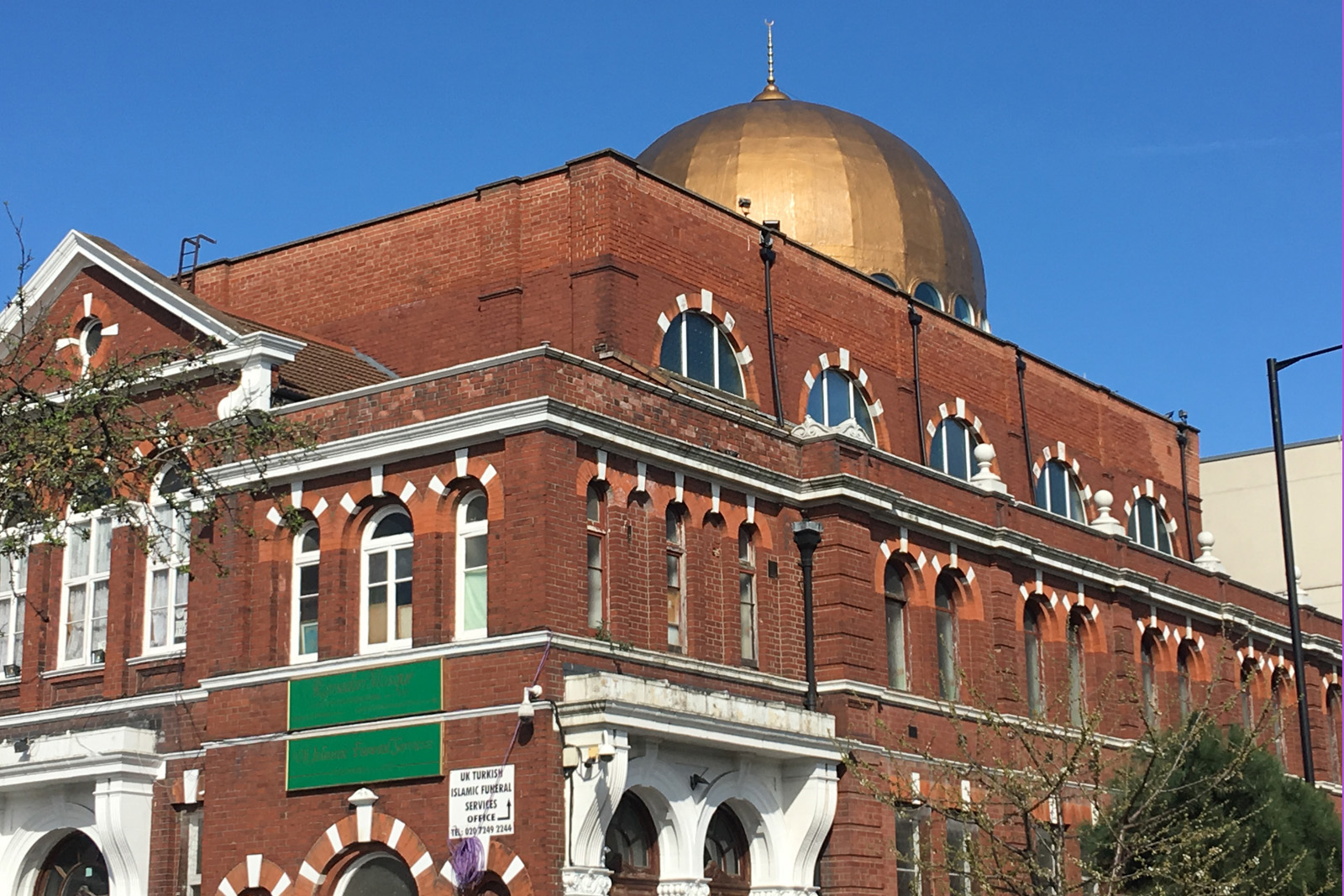
Güney’s unusual story and media friendliness have given the mosque some reprieve: a fundraiser that started last year raised £70,000 for the masjid, which also hit headlines for its claim to be the first in London accepting cryptocurrency donations. However, alongside the monthly expenses, he says, the building needs at least £250,000 to fund repair work and reopen the madrasa. Meanwhile, utility companies are hounding him over late payments.
“It’s extremely difficult — we’ve got to save money to pay the bills and to do the repairs, so you’re constantly chasing your tail,” he said.
Despite the uncertainty facing Shacklewell Lane Mosque’s future, Güney has no regrets. He admits he had doubts in his faith as a youngster, but ultimately believes that God brought him back to the masjid for a reason.
“I didn’t get it back then,” he said. “I didn’t have a relationship with mosques. I just remember being told: ‘If you don’t do this, you’re going to hell.’ So I thought, I might as well make it worth it and have a good time if I’m going to hell anyway.”
Before the masjid, Güney set up a number of businesses, including an independent Porsche dealership and the popular Egg London nightclub — Egg being his childhood nickname because it sounded like the Turkish pronunciation of his first name.
In 1995, he was framed and later wrongfully imprisoned for possession of a gun and drugs. Following a grim seven-year appeal process, his conviction was finally overturned and he was released in May 2003.
“I’m so humbled to be where I am now,” says Güney. “I feel blessed, even with the challenges and frustrations. I’m not your average mosque chairman. I didn’t plan to come here. I’m not Islamically trained.
“I found where I need to be. This is the only thing that’s given me peace and purpose. Where else am I going to go? This is my home.”
Shacklewell Lane Mosque has an ongoing fundraising campaign. For donations, see here.
 Newsletter
Newsletter

